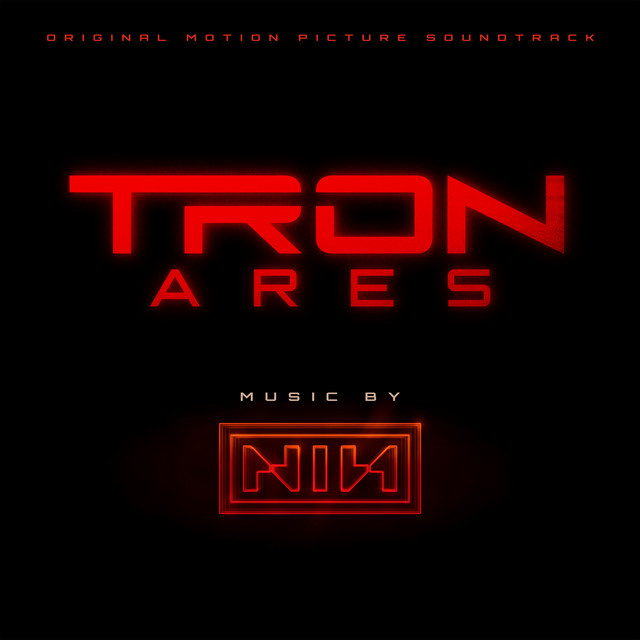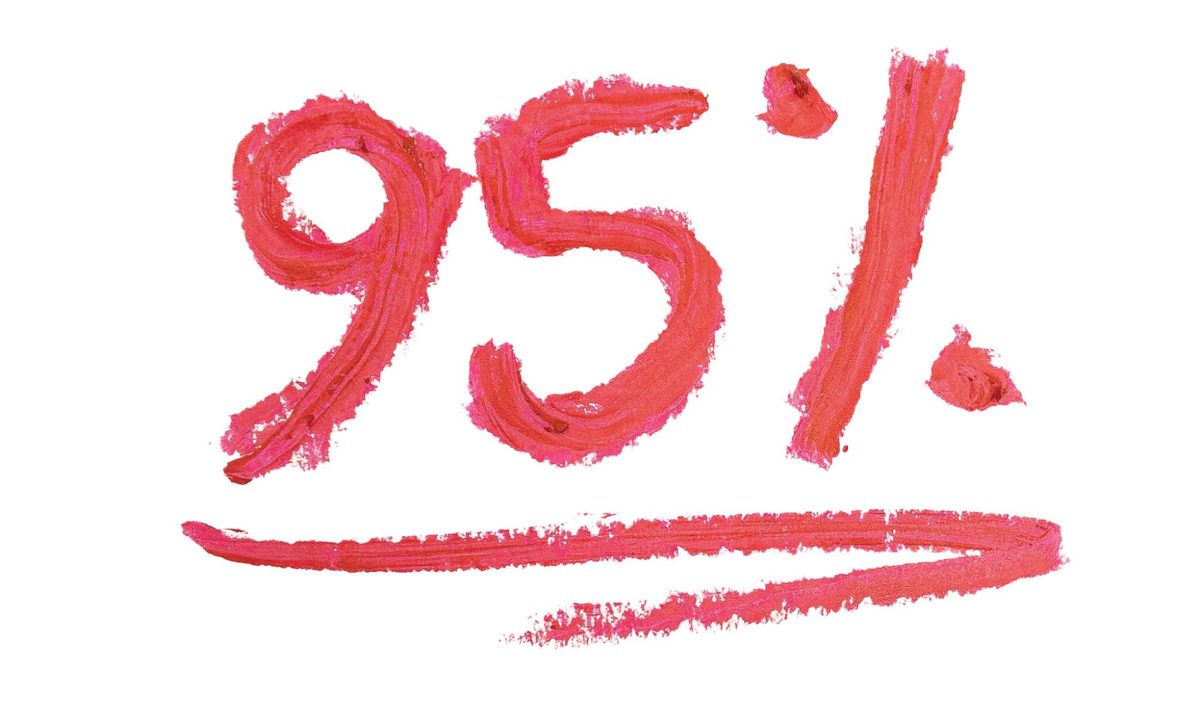Robert Zemeckis, director of the upcoming Oscar buzz movie “Flight”, gives us a sneak peek on how his mystery action film was made and gives advice to students trying to make their break into Hollywood.
Zemeckis is known for directing unforgettable classics such as the Back to the Future Trilogy, Who Framed Roger Rabbit and Cast Away, as well as Forrest Gump, which he won an Academy Award in directing .
The film stars Academy Award winner Denzel Washington as Whip Whitaker, a pilot who lands his plane safely during a mid air crisis. Whitaker’s heroism turns for the worst when an investigation to what really happened during that flight begins. “Flight” is an action-packed mystery thriller set to be released Nov. 2.
Daily Sundial: How did you come across the screenplay? How did you get it into your hands?
Robert Zemeckis: Well, you know, it was, you know, it was sent to me I think by Mr. Gatin’s (the screenwriter), agent who sent it to my partner, who sent it to me. And you know, that’s the age old mystery; how do screenplays get to the film makers. It’s impossible for every film maker to read everything that’s written. So it’s just one of those things, you know. It’s part of the magic. You know, again, it’s a certain amount of luck that a good screenplay falls in your hands and that you’re able to say, “OK, yes. I think I know how to do this.”
DS: As somebody who’s written some of your own films in the past, can you talk a little bit about what it is like when you’re directing somebody else’s script and how you try to make it your own?
RZ: Yes. Well, you know, I think that being a screenwriter is pretty much crucial for being a director in my opinion. I know that there are a lot that aren’t. But the only difference between writing a screenplay and directing a movie is when you’re writing, you’re using a word processor, and when you’re directing, you’re writing with images. So you’re always writing. You know, everybody’s writing. The actors are writing. You’re writing. The writing never stops. You’re even writing when you’re doing the final sound mixing. So I think writing is a crucial—is crucial. And as a matter of fact, I have always suggested that the differentiation between a writer and a director is decided by the guilds in Hollywood. I think we’re all film makers. And it depends that the dividing line between writers and directors is a union thing, but I mean, we’re all in there doing the same. We’re all in there actually writing, for lack of a better word, the final screenplay all the time.
DS: A lot of times you’ve been both criticized and appreciated for your use of special effects. I’m just wondering when you write or when you’re handed a script, do you look at specific things and say, hey, that would be a great spot to throw in some crazy effects, or do you just kind of choose the movie and then go back and add it later?
RZ: No, you can’t—basically, any time you’re just going to try to make a movie that’s well made; you’ve got to design everything ahead of time. So basically, what happens is is that you get inspired by the screenplay. And the only time you use, and then you get inspired by the screenplay, and then you say, hey, here’s a way—you know, this is a very interesting way that we could depict this, and you go from there. The only time you bring special effects in after the fact is when you’ve got to fix something.
DS: Which individual scene was the trickiest to shoot?
RZ: We have a scene in the movie where the Denzel character, Whitaker, has to invert the airplane to try to pull this airliner out of a dive, and so there’s a scene where you have to actually invert the whole aircraft. That was the trickiest to do both from a cinema standpoint and from a physical standpoint because we had to weld the airplane cabin on a gimbal and turn all the passengers upside-down. So that took a lot of design and planning to do correctly.
DS: I was wondering what sort of research you did into the aeronautical world before you dove into this—you know, it’s kind of (a world in itself), so did you go to a lot of airports? Did you talk to a lot of experts? What’d you do to prepare?
RZ: Well, yes. I did all that. I, myself, am an instrument rated pilot, so I’m familiar with a lot of it. And yes, we spoke to people at the airlines. We spoke to people at the NTSB (the National Transportation Safety Board), and we studied many aircraft accident, incidents. And yes, we did extensive…I think if you are familiar at all with the world of aviation, you will find that everything in the flying parts of the movie are very accurately depicted.
DS: Do you feel that there’s a certain formula that all good stories and movies need?
RZ: Yes, I do. I don’t know if it’s…I wouldn’t call it a formula, but I think what you need is you need compelling characters. And I mean, I think that ultimately a good movie has at its core a compelling character that the audience is identifying with and is rooting for. And I…whether that’s a cautionary tale or a heroic tale, that’s what I think at a core a good movie has to have.
DS: I’ve read that you often use the same actors multiple times. What was it like working with an actor as intensive as Denzel (Washington). And more specifically, do you have any plans to incorporate him in future films?
RZ: The answer to the last question is absolutely, of course. He’s a brilliant actor. Yes. I mean, I’ve worked…I think the only actor that I’ve worked with more than any other actor was Tom Hanks and again for the same reason because he’s a very brilliant actor. And I really have had…if you look at my resume, I’ve had a…I’ve been very fortunate. I’ve worked with a huge roster of very, very talented people. And I would…and there’s not a single person on that list that I wouldn’t work with again. So I’ve been very fortunate.
DS:I’d like to know if as a director you feel you’re drawn toward stories of imperfect heroes?
RZ: Yes, I think so, and I think that the reason for that is because most people are imperfect, and perfect heroes pretty much—well, not even—I was going to say comic book heroes, but they’re really not because even characters like Batman are very, very troubled humans. And I think that I’m drawn to those characters because those characters lend themselves to the most drama and we can all relate to them because everyone’s imperfect.
DS: What kind of goals do you have for the rest of your career and is there something that you would one day like to pursue that you haven’t already.
RZ: No. I don’t have any agenda; like I never try to put, I feel like it’s putting the cart before the horse to suggest that, oh, I must do a musical before I die which is probably the only genre film I haven’t done so far. But I love all types of film stories. I love films that are dramatic. I love them when they’re comedies or action adventure or suspenseful. So I love everything, so I tend to just sort of, like I said earlier, I tend to gravitate toward the screenplay and start there and don’t put any restrictions on myself either in something that I’m looking for or something that I might be reacting to. So I try to have an open mind.
DS:I was actually curious how you established relationships coming out of film school. I believe you met Steven Spielberg. And I just wanted to know how you were able to establish relationships like that.
RZ: Yes. Well, you know, there’s no pattern. You know, there’s no pattern. There’s no like rulebook. I mean, everybody’s got their own success story. And I think that what you said though is that having relationships is very crucial. You can’t…it’s a business that’s very difficult to succeed in completely by yourself, so you have to have people who are there to support you and help you along the way. And you just have to get out there however you do it. I remember I asked this exact question. When I first got out of film school, I had an audience with George Lucas. And I asked them that exact question. I said, “How do I become a filmmaker—I mean, a film director, George? How do I do it?” And he said, “Somehow.”
And I think that’s the best advice anyone ever gave me. Somehow you just do it.
DS: Do you have any advice for students who want to break into the film industry?
RZ: Yes, write. Write, write, write. I mean, I don’t know if you’ve noticed there, is a lack of good screenplays. I mean, we have no good screenplays. We need to revitalize this art form by writing really interesting and clever stories. So I think that is going to be the best calling card that anyone who’s interested in getting into the film industry can have is a really great screenplay in their possession.
DS: (Lastly), I’m pretty sure you might’ve heard this question over the years, and I was just curious as a fan myself. But were there any plans to ever have a Back to the Future 4?
RZ: No.
DS: All right. Thank you. I just wanted to hear it from you.
RZ: Sure.




